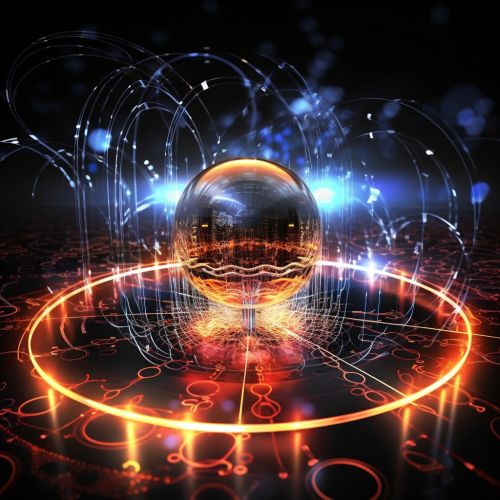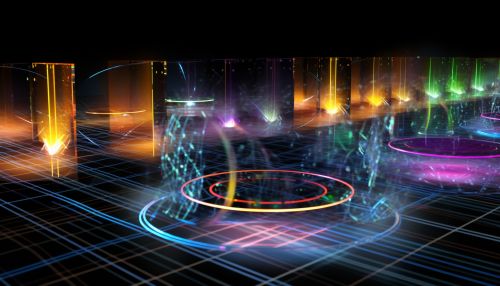Quantum Decoherence
Introduction
Quantum decoherence is a fundamental mechanism in the field of quantum mechanics, which describes the loss of coherence of a quantum system over time. It is a process that plays a crucial role in the transition of the system from a quantum state to a classical state, and is considered a primary factor in the apparent collapse of the wave function during measurement.
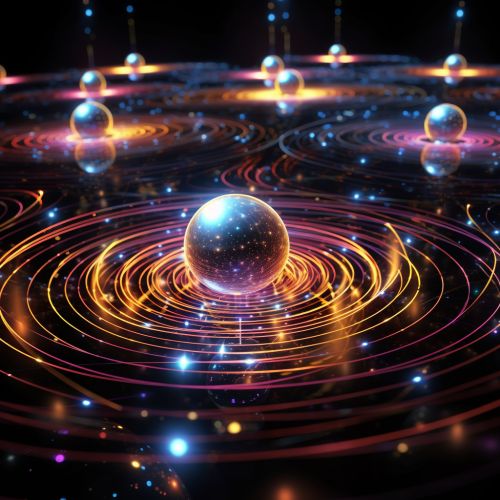
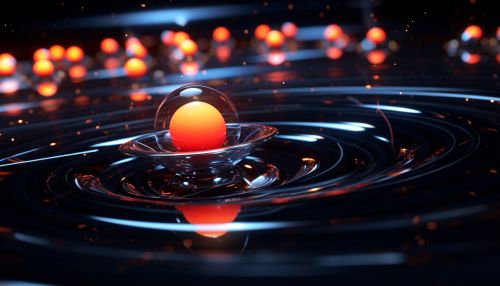
Quantum Coherence
To understand quantum decoherence, it is essential to first comprehend the concept of quantum coherence. In quantum mechanics, a system is said to be in a coherent state when all its quantum states are in phase. This phase relationship is a fundamental aspect of quantum mechanics, as it allows for the superposition of states and the interference effects that are characteristic of quantum systems.
Decoherence Process
Quantum decoherence occurs when a quantum system interacts with its environment in a thermodynamically irreversible way. This interaction causes the phase relationships between different states in the superposition to become randomized. This randomization is what leads to the apparent loss of coherence, and the transition of the system from a quantum state to a classical state.
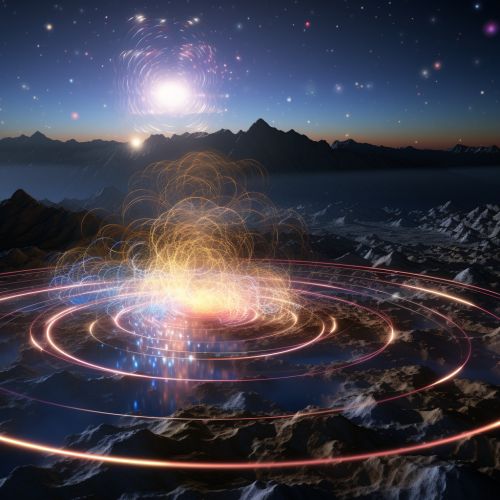
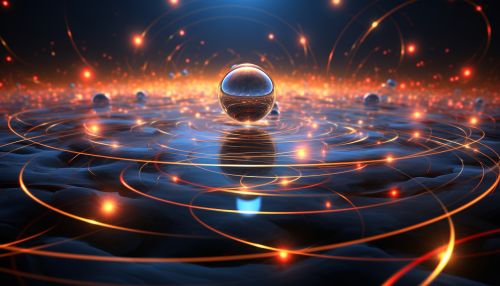
Role in Quantum Mechanics
Quantum decoherence plays a significant role in the interpretation of quantum mechanics. It provides a mechanism for the apparent collapse of the wave function, which is one of the central problems in the interpretation of quantum mechanics. Decoherence also plays a crucial role in the transition from quantum mechanics to classical mechanics, as it provides a mechanism for the emergence of classical behavior from quantum systems.
Decoherence and Measurement
One of the most significant applications of quantum decoherence is in the understanding of the measurement problem in quantum mechanics. The measurement problem is the paradoxical situation that arises when a quantum system is measured. According to the principles of quantum mechanics, the act of measurement causes the wave function of the system to collapse into a single eigenstate. However, this collapse appears to be at odds with the unitary evolution of the wave function as described by the Schrödinger equation. Quantum decoherence provides a resolution to this paradox by demonstrating that the apparent collapse of the wave function is due to the loss of coherence of the system as it interacts with the measuring apparatus.
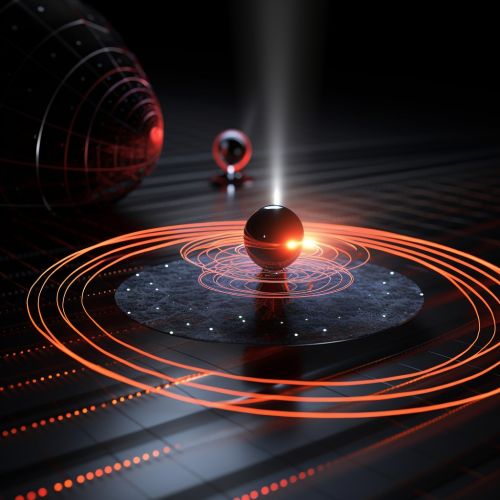

Experimental Evidence
Experimental evidence for quantum decoherence has been obtained through a variety of experiments in quantum optics and condensed matter physics. These experiments have demonstrated the loss of coherence in quantum systems as they interact with their environment, providing strong support for the decoherence interpretation of the transition from quantum to classical behavior.
Implications and Applications
The understanding of quantum decoherence has profound implications for the interpretation of quantum mechanics and the development of quantum technologies. It has applications in the fields of quantum computing, quantum cryptography, and quantum teleportation, where the control of decoherence is a fundamental challenge.
